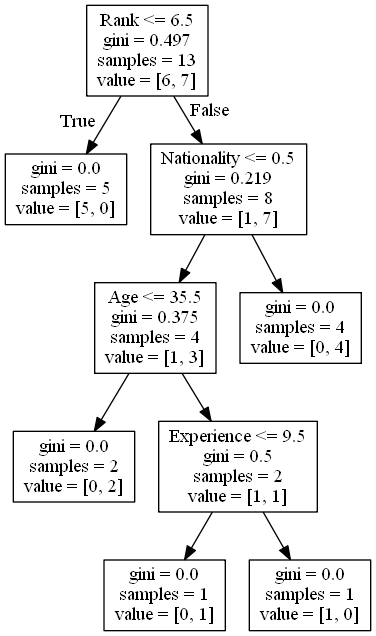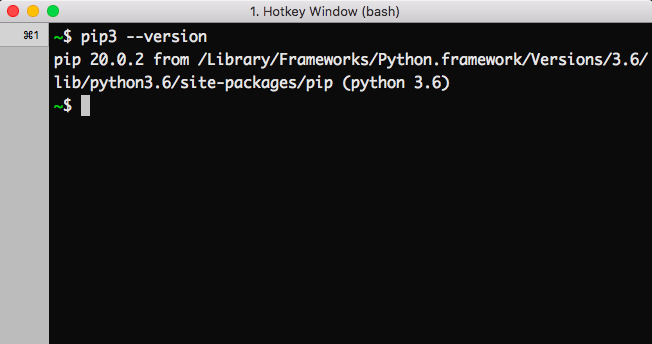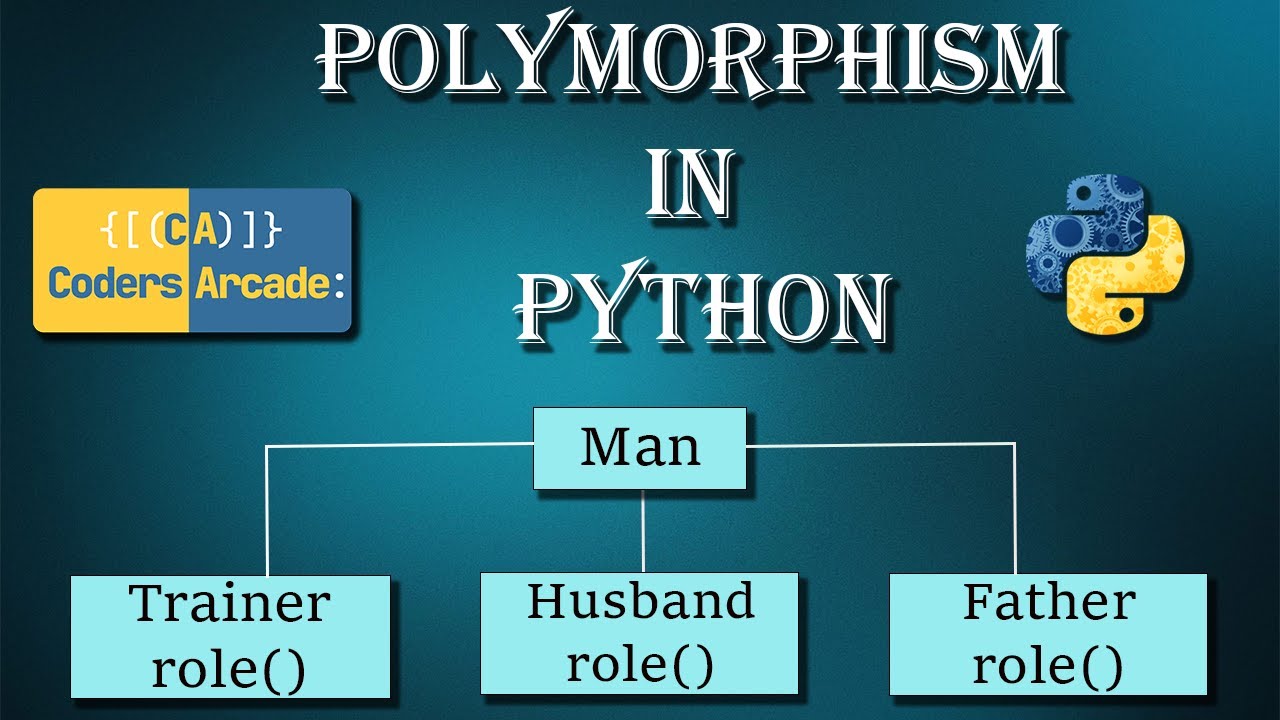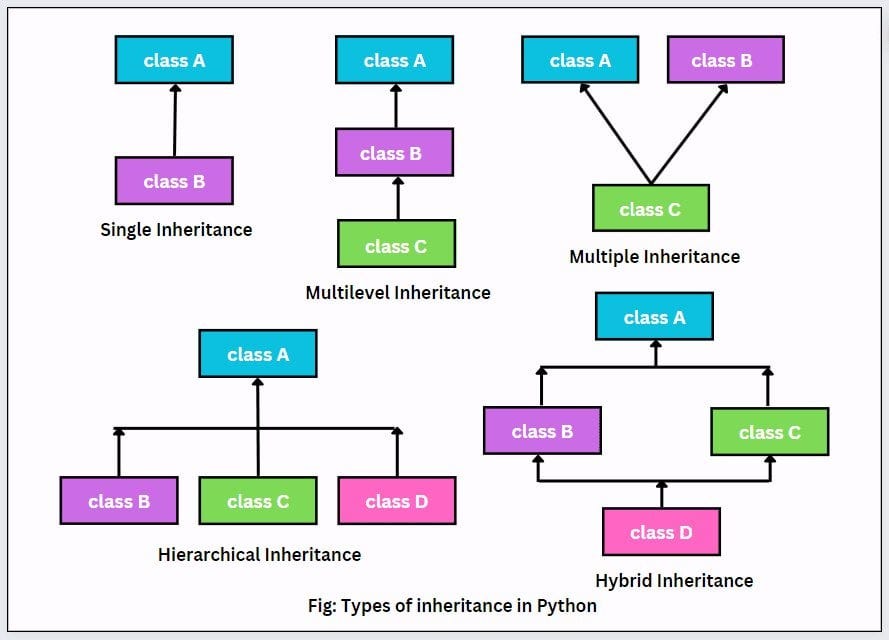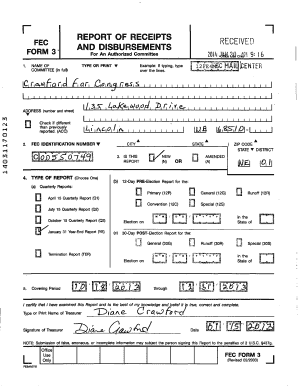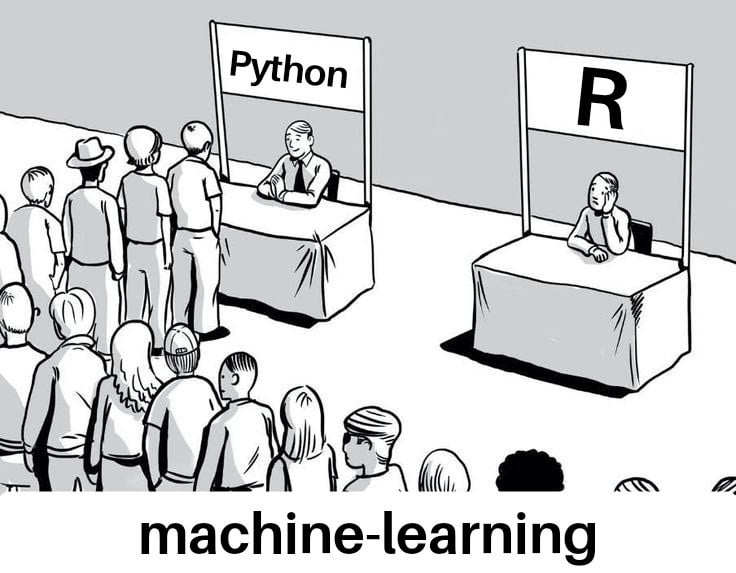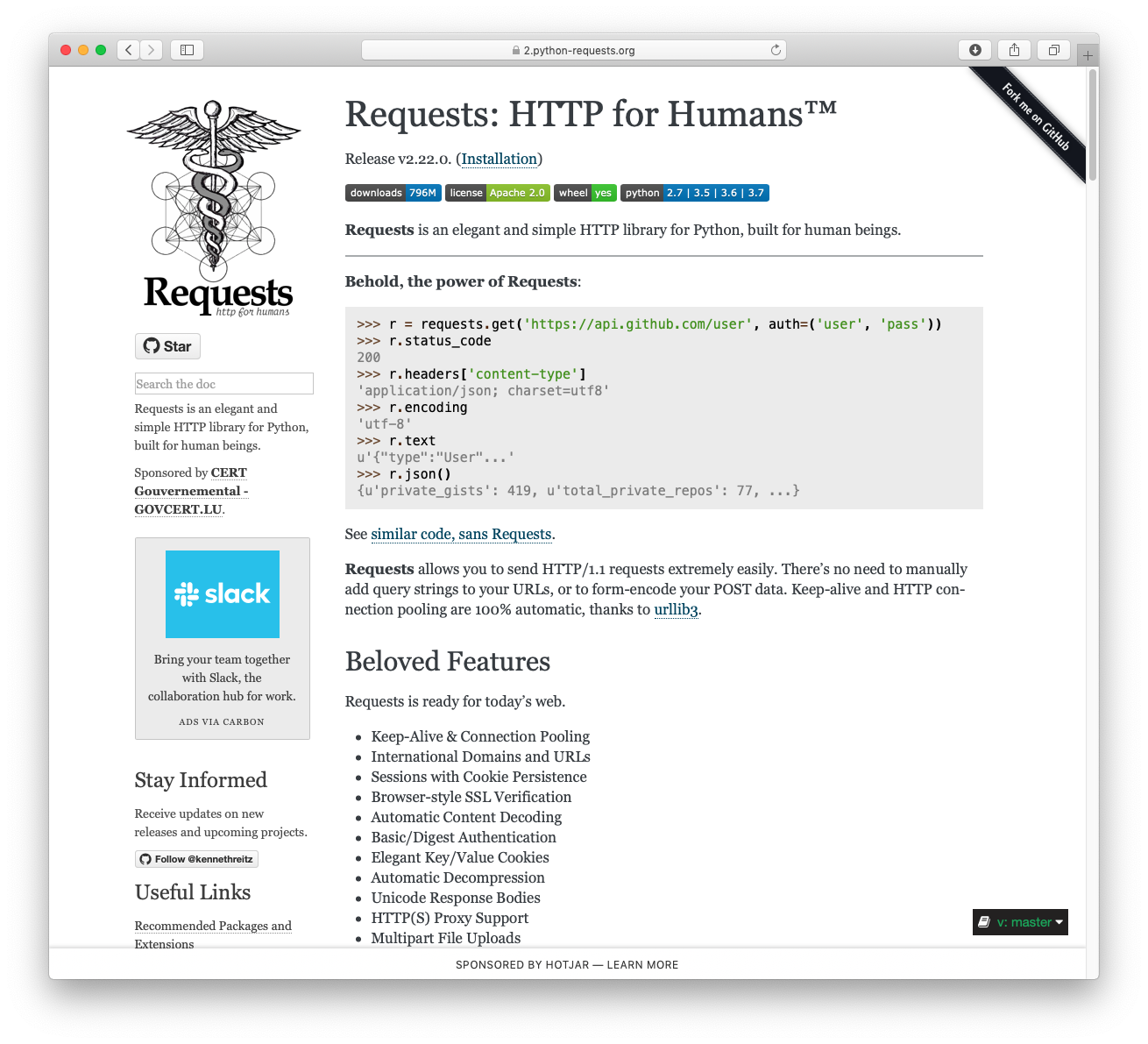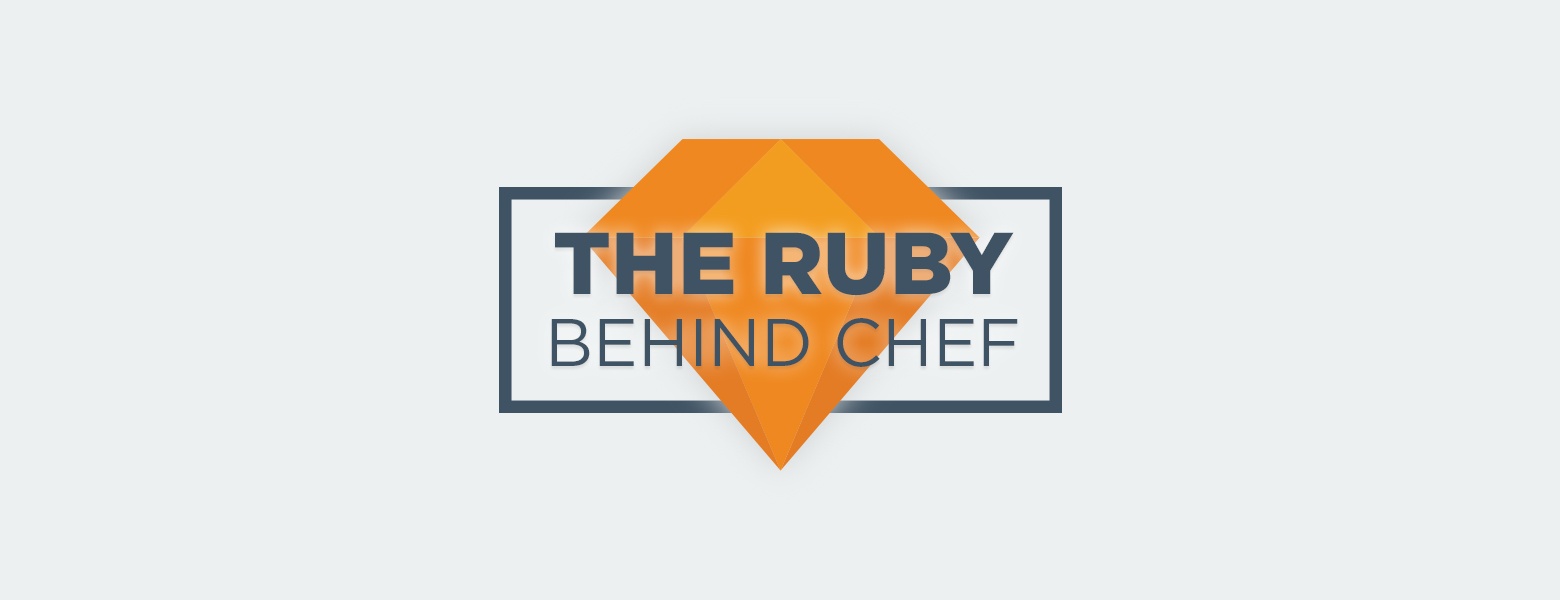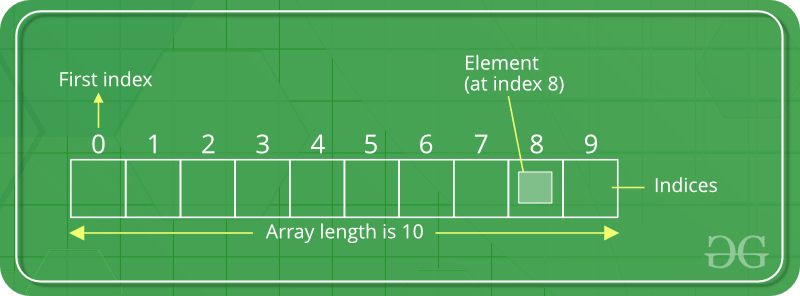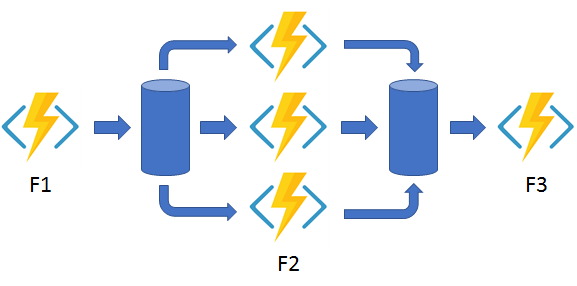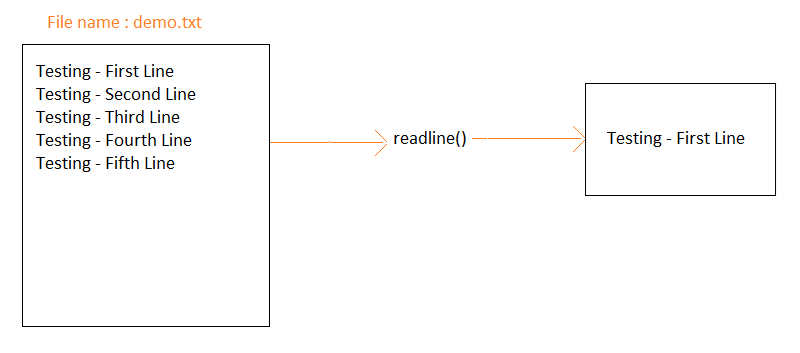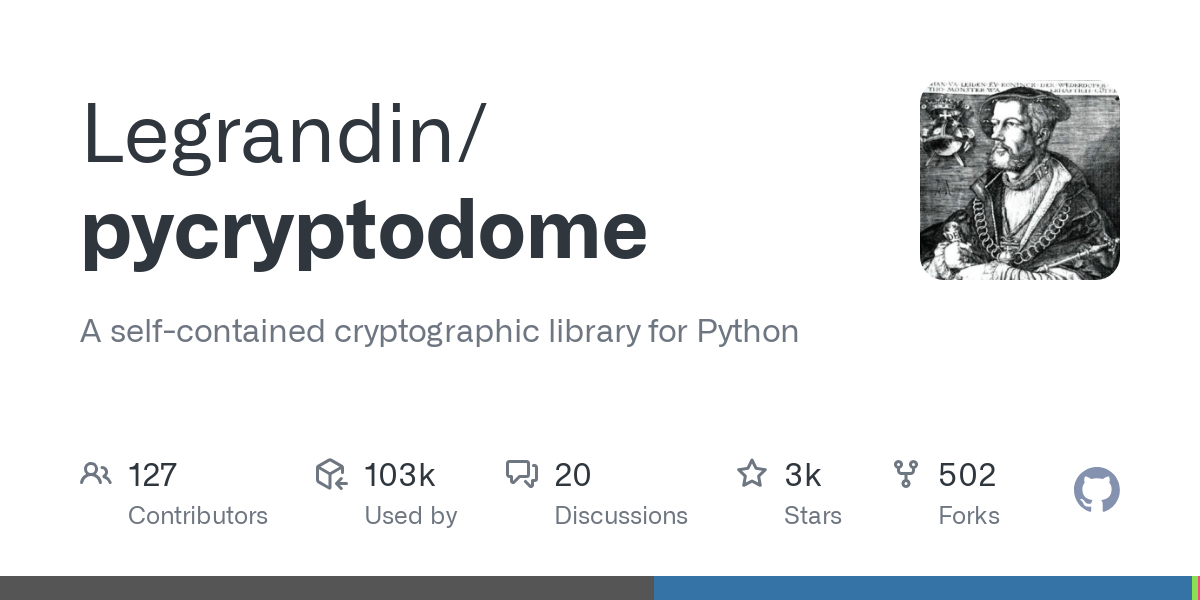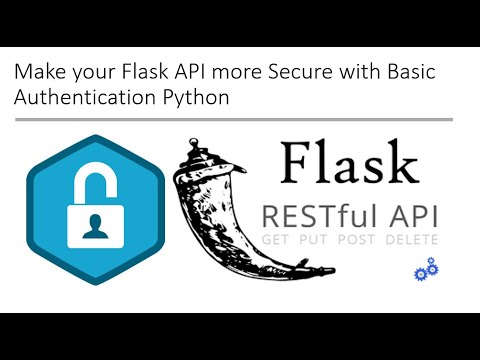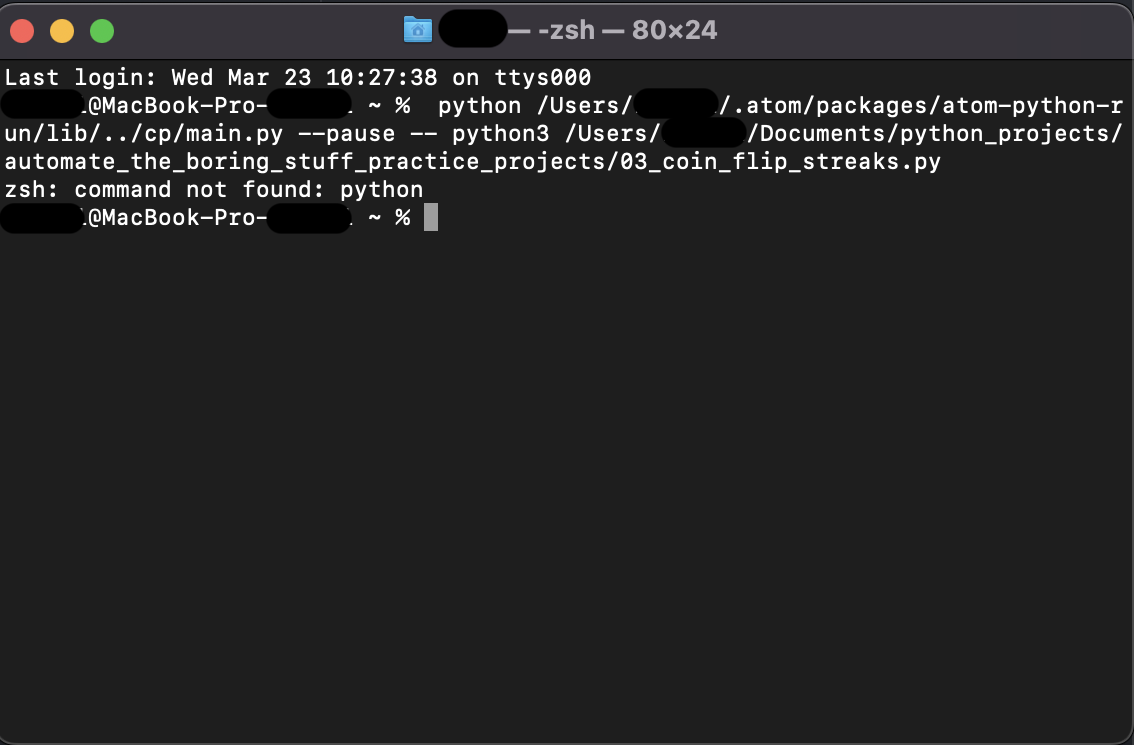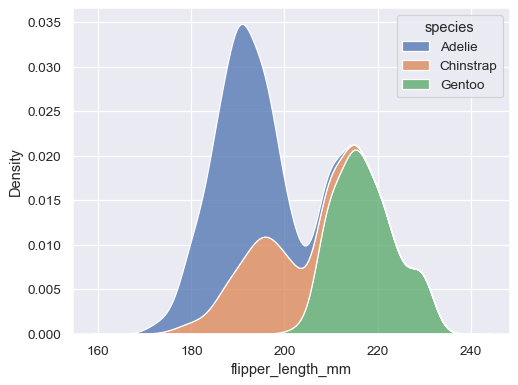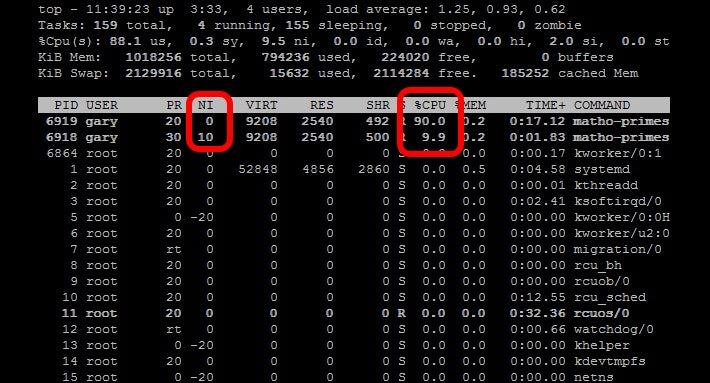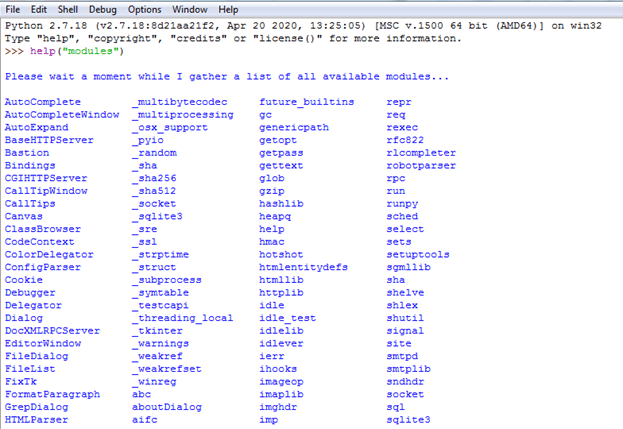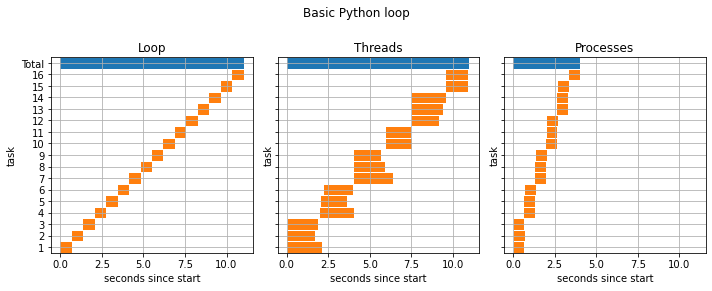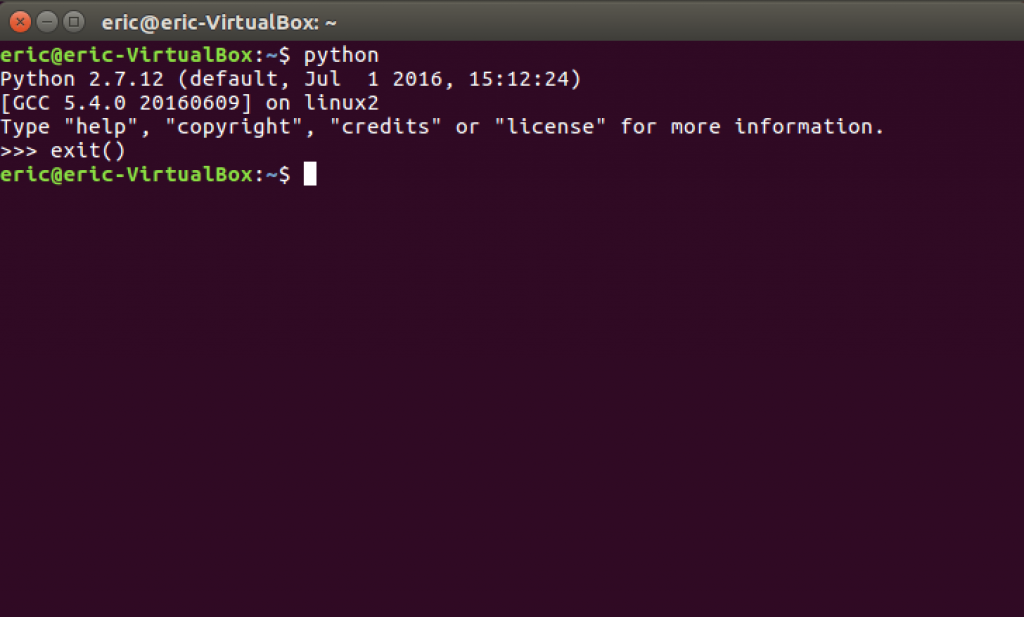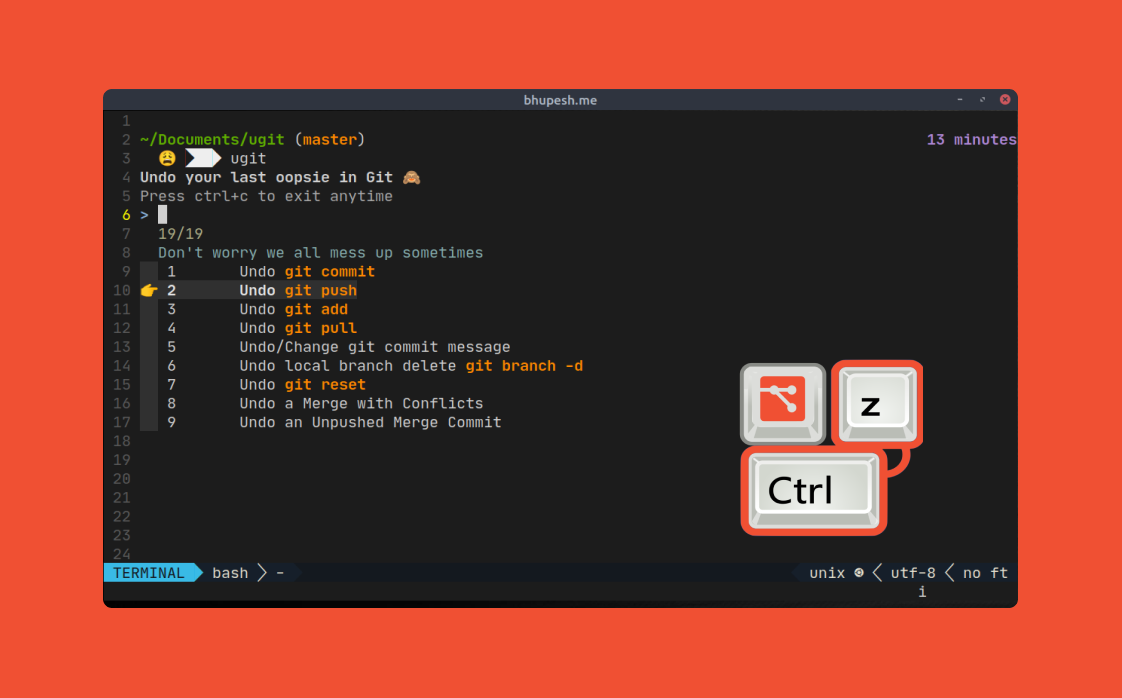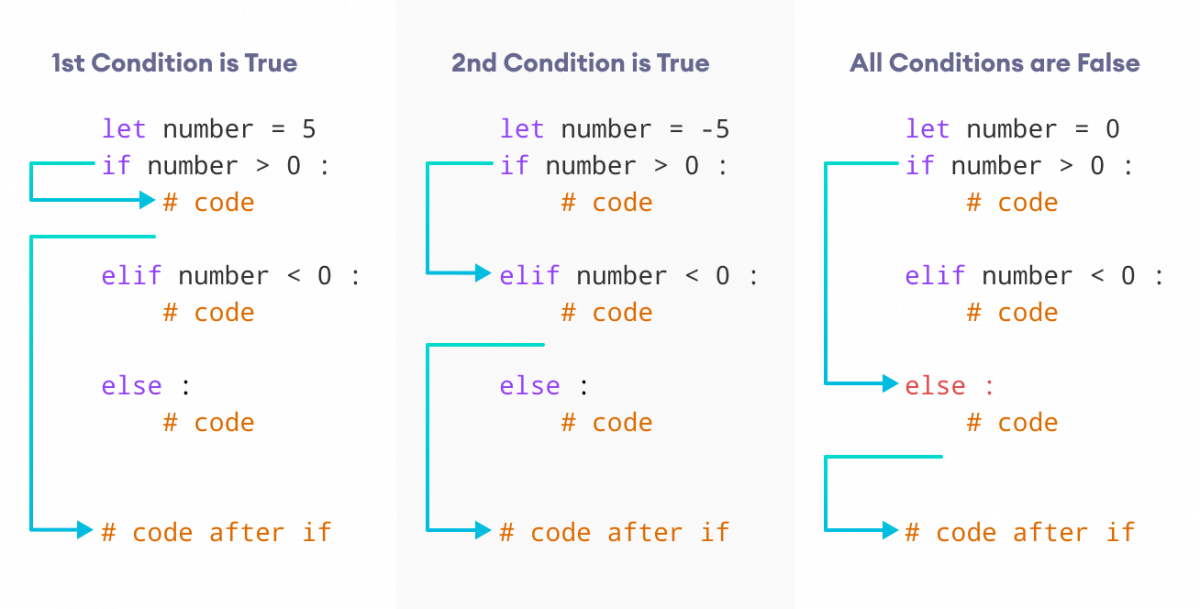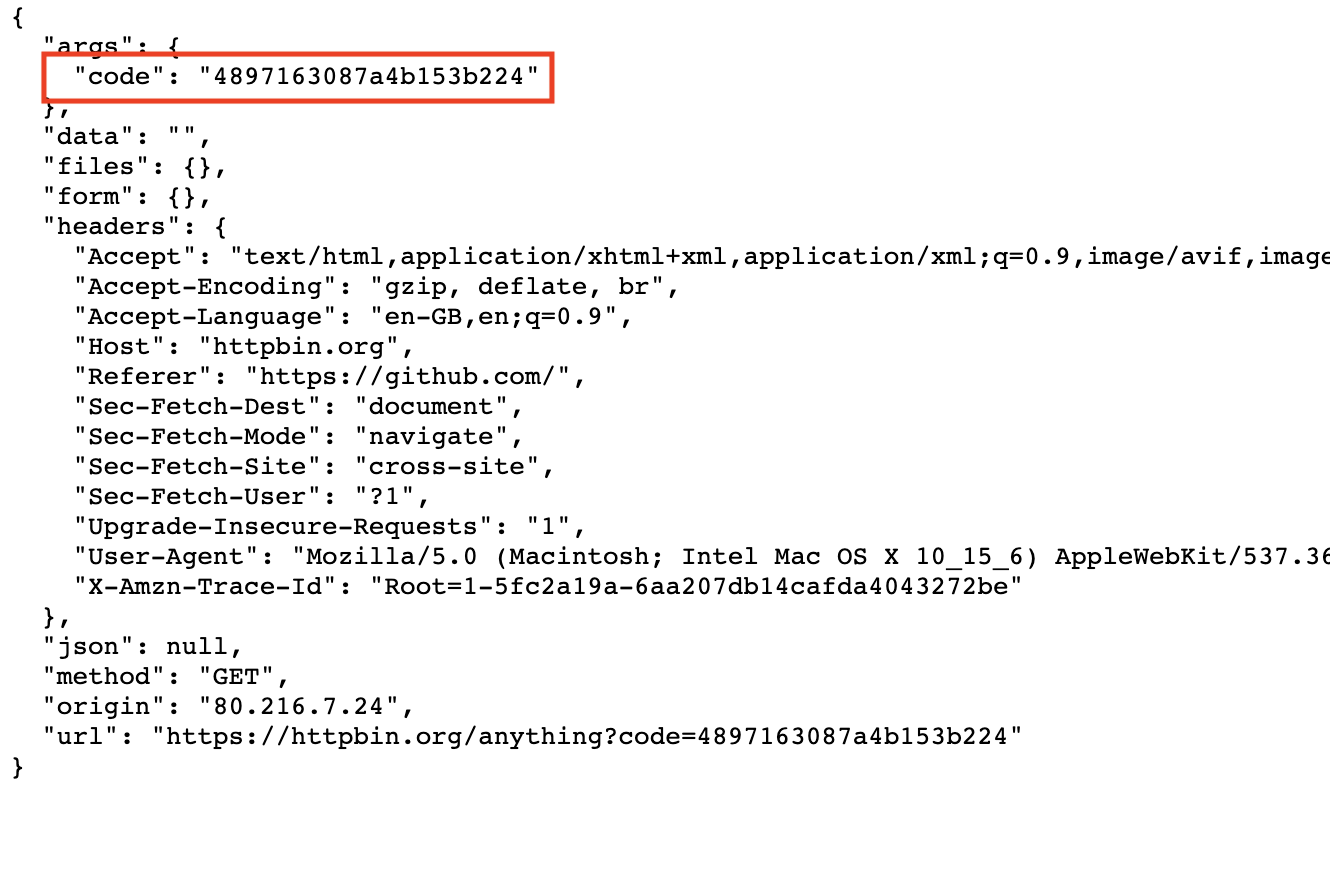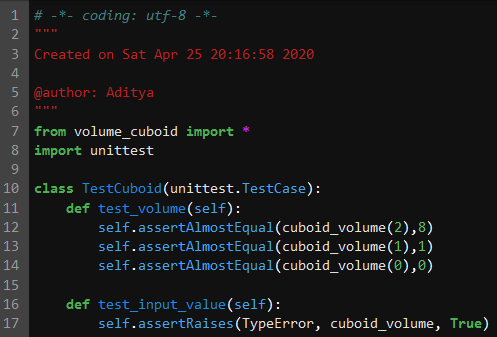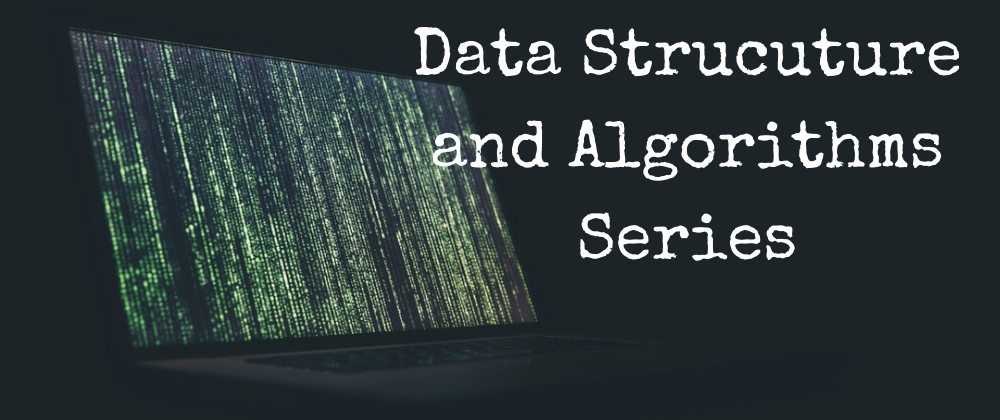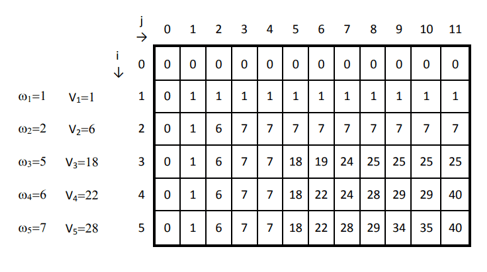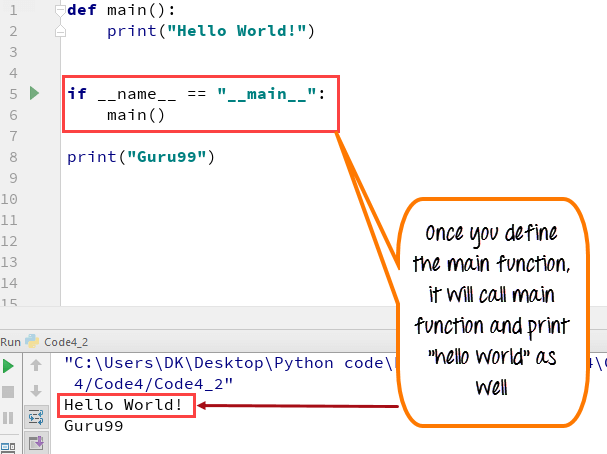What is the application of python in daily life
What is the application of python in daily life
I'm happy to respond in English for you!
Python has become an incredibly versatile programming language with numerous applications in various aspects of our daily lives. Here are some examples:
Data Analysis and Science: Python's NumPy, Pandas, and scikit-learn libraries make it an ideal choice for data analysis, machine learning, and scientific computing tasks. Professionals use Python to analyze large datasets, build predictive models, and perform statistical simulations. Automation: Automation is another area where Python excels. Its ability to interact with other programming languages, GUI frameworks, and operating systems makes it perfect for automating repetitive tasks, such as data entry, file management, or system administration. Web Development: With the rise of web development frameworks like Django and Flask, Python has become a popular choice for building robust, scalable, and maintainable web applications. Many websites, including Instagram and Pinterest, rely on Python-based backend services. Artificial Intelligence (AI) and Machine Learning: Python's simplicity and flexibility make it a go-to language for AI and machine learning research. It is used in various projects, such as natural language processing, computer vision, and robotics. Game Development: Python's ease of use, versatility, and extensive libraries make it an excellent choice for game development, especially for indie developers and hobbyists. Pygame and Pyglet are popular frameworks for creating games. Education: Python is a popular teaching language due to its simplicity, flexibility, and vast resources. It helps students learn programming concepts, logic, and problem-solving skills. Research: Python's popularity in academia stems from its ease of use, flexibility, and extensive libraries. Researchers use Python for data analysis, simulations, and visualization tasks in various fields, such as physics, biology, and chemistry. Networking: Python's ability to interact with other programming languages and network protocols makes it suitable for network administration, debugging, and monitoring tasks. Automation of Household Devices: With the rise of IoT devices, Python is used to automate household devices, such as thermostats, lighting systems, and security cameras. Scientific Computing: Python's NumPy and SciPy libraries make it an ideal choice for scientific computing tasks, such as simulations, data analysis, and visualization in fields like physics, engineering, and biotechnology. Healthcare: Python is used in healthcare research, patient record management, and medical imaging processing due to its ease of use and versatility. Finance: Python's popularity in finance stems from its ability to automate tasks, perform data analysis, and create custom financial models for portfolio optimization.These are just a few examples of the many applications of Python in daily life. Its versatility, ease of use, and extensive libraries make it an incredibly valuable tool for professionals and hobbyists alike.
I hope this answers your question!
What are Python features and applications?
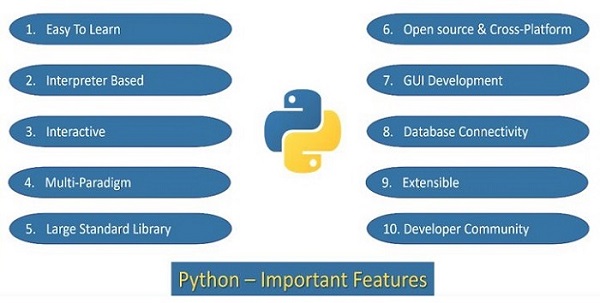
I'll respond in English as requested!
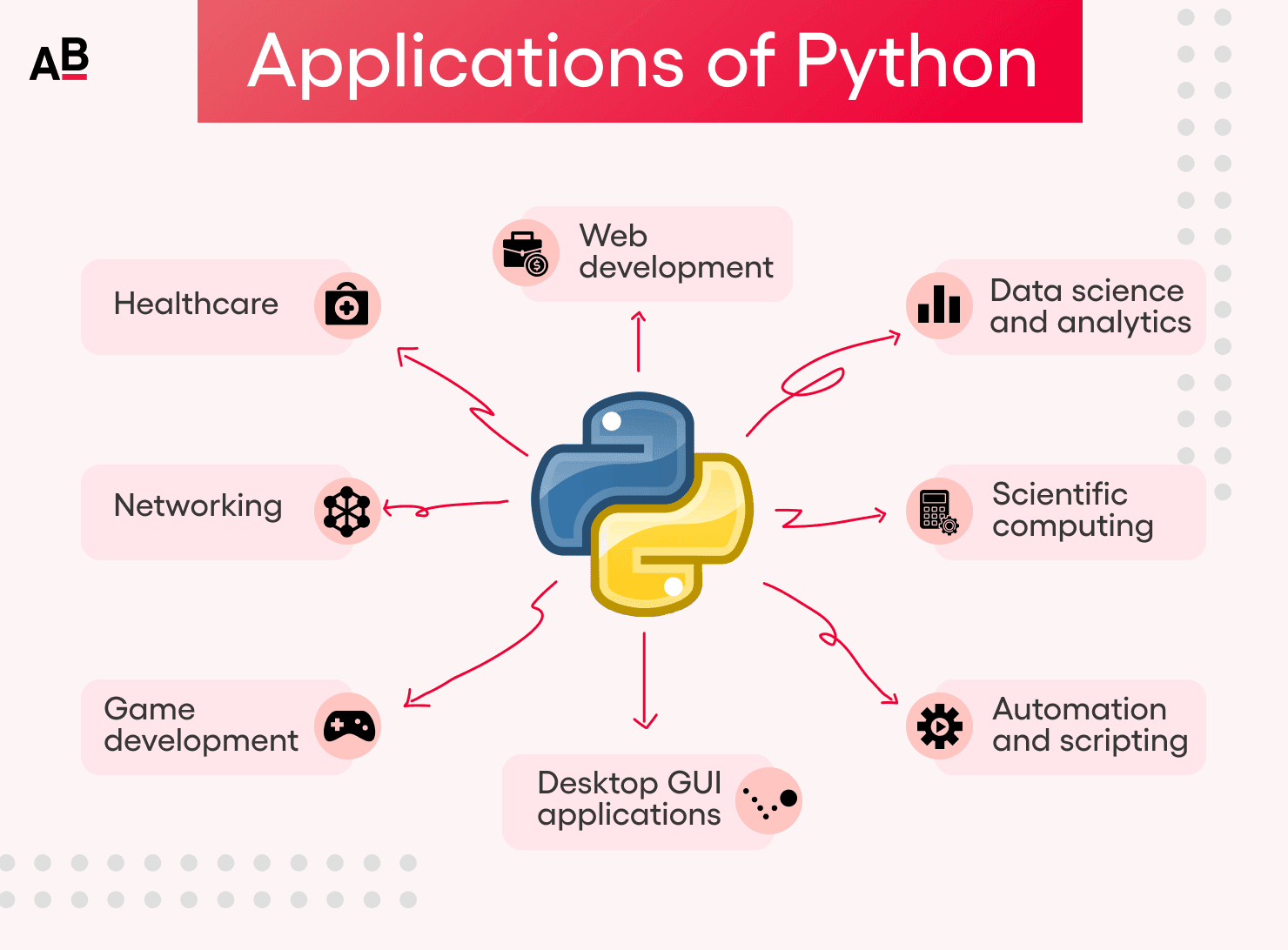
Python is a high-level, interpreted programming language that has gained immense popularity among developers and data scientists due to its simplicity, flexibility, and extensive libraries. Here are some key Python features:
Easy-to-learn syntax: Python's syntax is designed to be natural and readable, making it easier for beginners to learn and understand.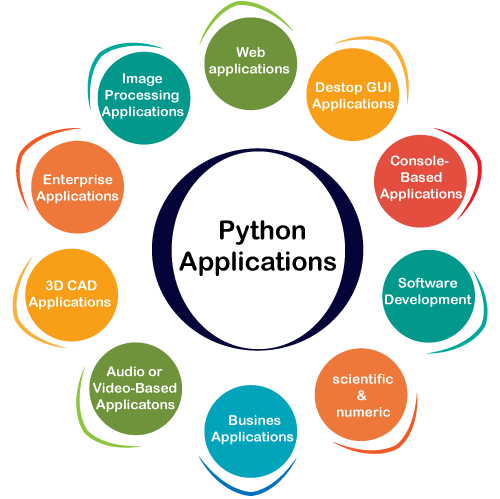
Some popular applications of Python include:
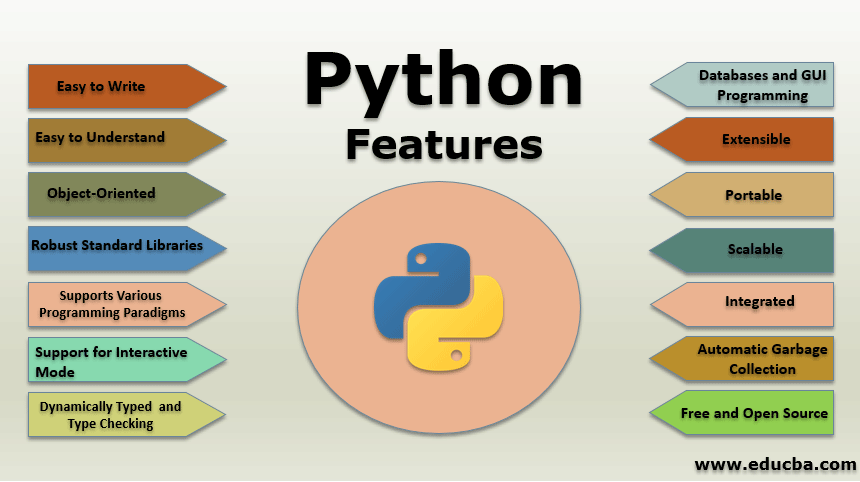
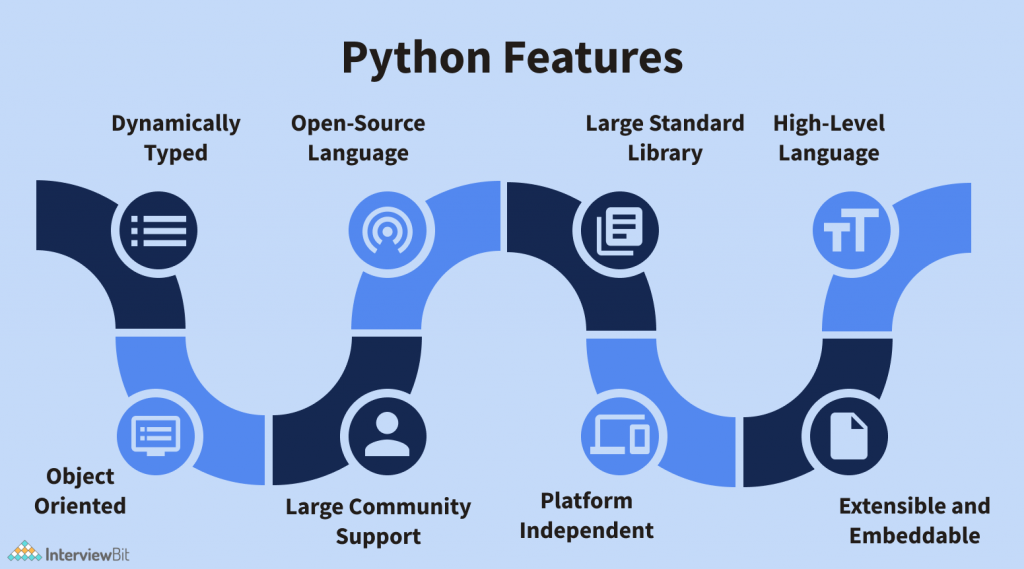
Some notable industries that use Python include:
Finance: Many financial institutions rely on Python for data analysis, risk management, and automated trading. Healthcare: Python is used in medical research, patient data analysis, and clinical decision-making. Government: Governments use Python for data analysis, public policy analysis, and administrative tasks.In summary, Python's ease of learning, flexibility, and extensive libraries make it an ideal language for a wide range of applications, from web development to scientific computing, and from automation to education.
